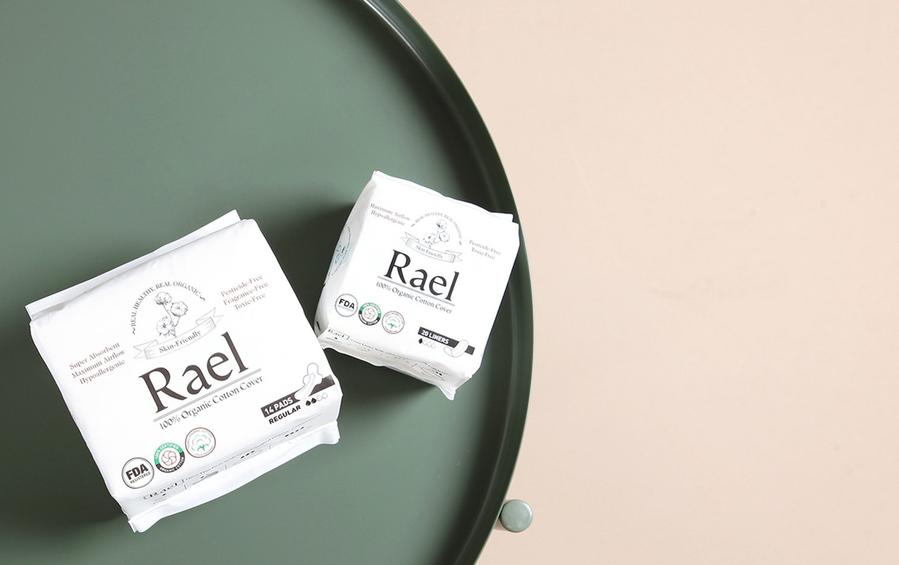ImpactAlpha, November 11 – Rael was launched in 2016 by three female founders who sought to bring the kind of high-quality, organic menstruation products common in South Korea to a wider market.
“We all grew up in Korea using the Korean pads, and ever since we moved to the US we used the big brands that we could find in drugstores. A lot of them were not as well performing as we wanted them to be,” Rael founder Yanghee Paik told Crunchbase News.
Women in the U.S. apparently agreed: the California and South Korea-based company’s pad quickly became a best-seller when it launched on Amazon. Rael makes its pads in a lab in South Korea using organic cotton from Texas.
The company has secured backing for its $17.5 million Series A from South Korean investors Mirae Asset and GS Retail, as well as prior investors Softbank Ventures and BAM Ventures. It’s a big round for a Series A, and follows Real’s $2.8 million seed round earlier this year.
Real’s success in fundraising fits among a crop of startups attracting consumer and investor attention for a new take on menstrual products. The $23-billion-and-rising market is still dominated by manufacturers like Kimberley–Clark, Procter & Gamble, and Johnson & Johnson. But companies like Cora, Lola, and now Rael, are tapping into women’s growing concerns about the chemical additives and environmental sustainability of their menstrual products.
Read: By women, for women: The new economics of menstrual pads in Africa
This trend isn’t just playing out in advanced economies. A host of startups in emerging markets like Bana in Uganda and S.H.E. in Rwanda are also making eco-friendly period products, but based on necessity: they’re using agricultural waste materials like banana fiber to build high-quality products that are affordable to low-income women.
Others, like Saathi, in India, serve both demographics.











